Galmudug, Somalia
It is a day of celebration in Mogadishu. Eid al-Fitr, the festival of breaking the Ramadan fast, is celebrated and is a time to gather with family members and keep the children happy. Boys go to the barbers, girls queue up in front of beauty salons to have their hands and feet hennaed, their hair done or to ask for special make-up. The beauty salon business is growing rapidly and that is why Raho Nur Mohamed, freshly graduated from the Mohamud Ali Ahmed TVET Center, decided to open her first henna design kiosk at the Argentine market in Karan district.
"After finishing my studies, I started making henna and make-up at home, but I didn't want to stay at home. I wanted to establish myself and start my own business. I am very ambitious. I rented this small kiosk, it's not much but it's better than sitting at home," Raho told us in a calm and determined voice.
In February 2021, Raho, a 25-year-old mother of four, completed six months of training in henna design, make-up and hairstyling, while also studying subjects such as chemical safety and salon management practices. She was one of the trainees at the Technical and Vocational Education and Training Centre in Galmudug, Somalia, the only public centre offering courses and training in the area, built by CISP in 2017 through the EU-funded ELENA Project.
Raho pays a monthly rent of $20 for her small 4-square-metre kiosk. She does not have enough furniture or other essential equipment. Relatives have given her a long wooden bench for customers to sit on. To buy henna products she borrowed a sum of money from her sister.
Some beauty salons and henna designers in the area are so successful that they are open late, have long queues of waiting customers and lots of products and equipment. Raho, however, is not discouraged and told us:
“Even though I'm just starting out, I feel I have an advantage over them because of the training I've had. I know I can grow in this industry, that one day I can have a bigger shop, good products and good tools if I get the support I need."
She also wants to try to find a business partner among some of her former classmates.
"I hope other enterprising trainees like me will get support, such as starter kits or money to start their business."
52 women and 39 men trained in different fields – salon services, tailoring, electrical installations, general mechanics and construction/building - these are the numbers of the SETS project which offers vocational training and is funded by the European Union. The project is implemented in Somalia by a partnership composed of ADRA, CISP, ARC, WVI and Relief International. CISP leads the project in both Banadir and Galmudug states.

